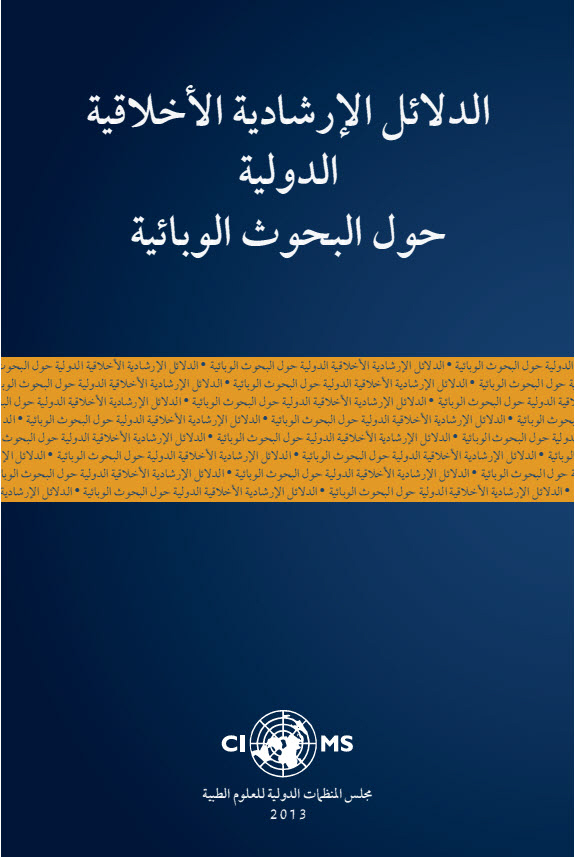 24 January 2018 – WHO advocates for the development of health policies and services that benefit from evidence-based approaches and the use of generated evidence in prioritizing interventions and programmes to reduce investment of efforts and resources in areas in which there is no evidence of effect or cost–effectiveness.
24 January 2018 – WHO advocates for the development of health policies and services that benefit from evidence-based approaches and the use of generated evidence in prioritizing interventions and programmes to reduce investment of efforts and resources in areas in which there is no evidence of effect or cost–effectiveness.
The main goal of this consultation, which took place from 29 to 30 November 2017 at the Regional Office was to strengthen national institutional capacity in ministries of health and for relevant stakeholders to mandate and utilize evidence for health policy-making.
The specific objectives were to:
- present and deliberate on different global/regional models for knowledge translation mechanisms and incorporating research evidence into health-policy making;
- discuss different structural approaches to enhance formal institutionalization of use of research evidence in national health policy-making, including linkages with health technology assessment and national standard setting for health care delivery, clinical practice and public health (including guideline development/adaptation programmes) and
- identify effective and innovative approaches for engaging relevant stakeholders, which would streamline evidence-based health policy-making and foster systematic usage of approaches such as policy briefs and dialogues.
The consultation was inaugurated by Dr Arash Rashidian, Director of Information, Evidence and Research, on behalf of Dr Jouad Mahjour, Acting Regional Director. It focused on the continuation of the work that had started in this area, especially in response to the decisions made in the 64th Regional Committee in October 2017 in Islamabad, Pakistan.
Experts included senior ministry of health officials from Egypt, Islamic Republic of Iran, Lebanon, Pakistan, Saudi Arabia, Switzerland, Tunisia and the United Kingdom, health care planning and delivery stakeholders, academic institutions, WHO Alliance for Health Policy and Systems Research in headquarters and the Regional Office.
Recommendations to WHO included:
- providing support to ministries of health in establishing a sustainable system to better utilize evidence;
- improving presentation of evidence;
- supporting work in which elements of success in countries can be highlighted to allow generation and use of relevant evidence in policy development;
- supporting the development of pilot partnership modalities in several countries with different contexts and to evaluate the pilot work;
- ensuring that the language of evidence utilization and knowledge translation is embedded in the work of WHO country offices;
- assisting development of research utilization tools to assess the readiness and challenges of using evidence in ministries of health.





 المبادئ التوجيهية الأخلاقية الدولية للبحوث المتعلقة بالصحة التي تُجرى علي البشر
المبادئ التوجيهية الأخلاقية الدولية للبحوث المتعلقة بالصحة التي تُجرى علي البشر الدلائل الإرشادية الأخلاقية الدولية حول البحوث الوبائية [PDF 758Kb]
الدلائل الإرشادية الأخلاقية الدولية حول البحوث الوبائية [PDF 758Kb] المعايير والإرشادات التشغيلية لمراجعة أخلاقيات البحوث المتعلقة بالصحة والتي يشارك فيها البشر، 2011 [PDF 781.26kb]
المعايير والإرشادات التشغيلية لمراجعة أخلاقيات البحوث المتعلقة بالصحة والتي يشارك فيها البشر، 2011 [PDF 781.26kb] 